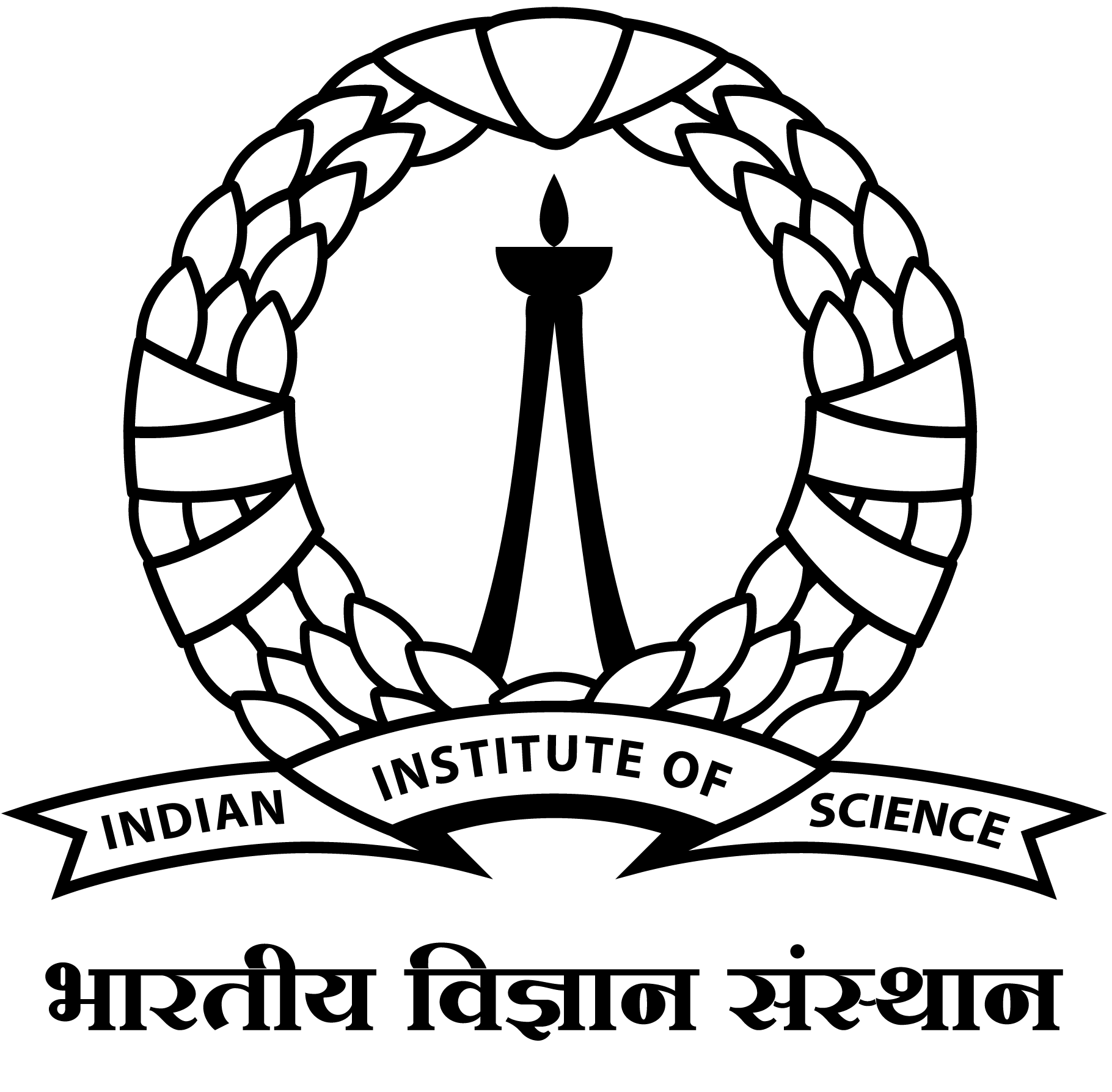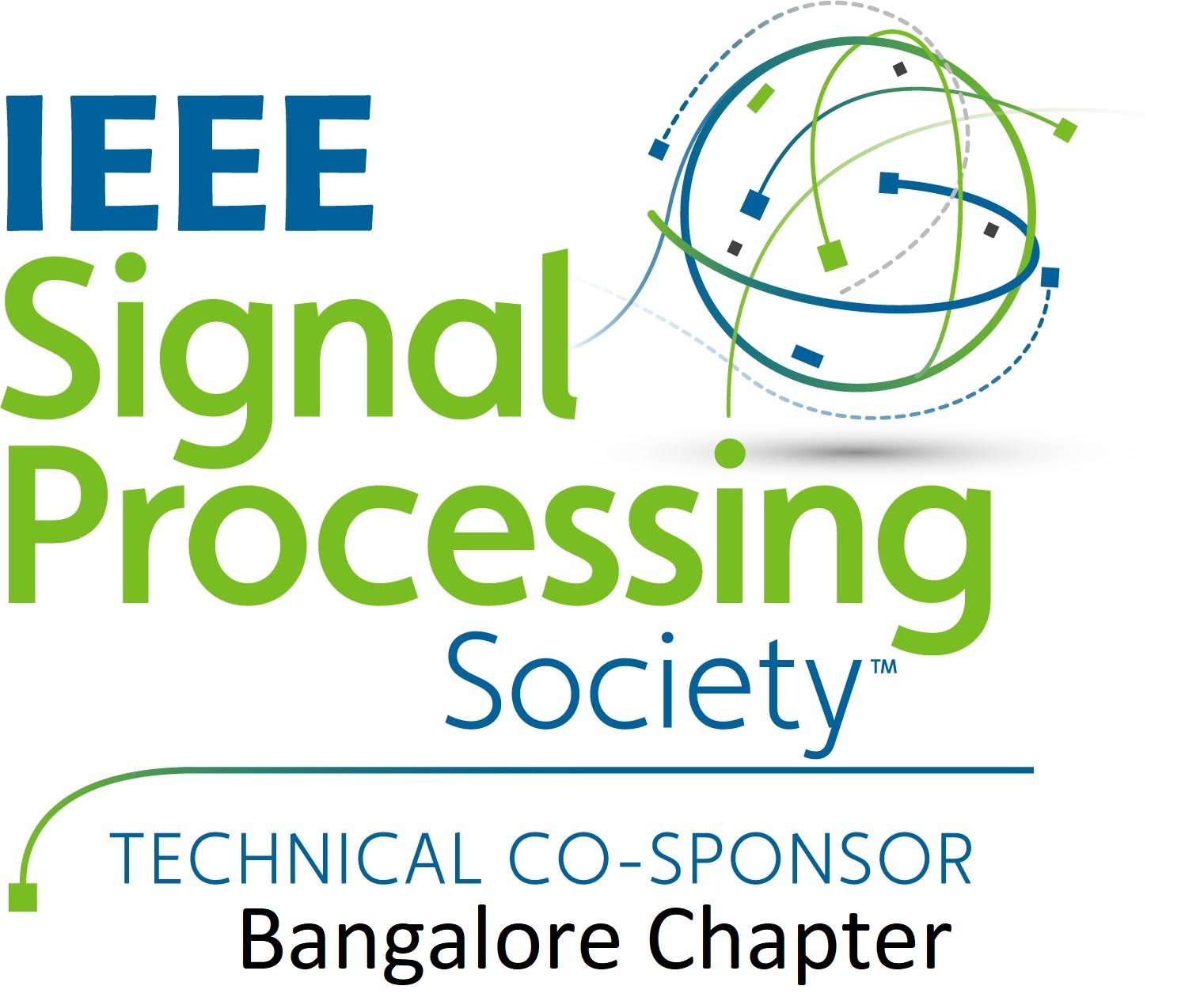











It is our pleasure to welcome you to SPCOM 2020! The reputation of the past SPCOMs made it easy for us to put together an excellent program this year. We are honoured to have four very eminent plenary speakers --- A. Lee Swindlehurst, Bhaskar D. Rao, Michael Unser, and P. Vijay Kumar. Continuing the tradition of past editions, this year's SPCOM also features invited talks from leading national and international researchers. They are organized under twelve different themes this year. In addition, we also have an excellent set of eight tutorials on emerging and cutting-edge research areas.
Some statistics: this year, we had 308 submitted papers, and 278 of these were peer-reviewed. After a rigorous review process, we accepted 97 regular papers. All the papers were assigned to three or more reviewers. We secured at least two reviews per paper, with a vast majority of the papers receiving 3 or 4 reviews.
We would like to thank all the TPC members and the reviewers for their timely and sincere efforts in ensuring a high-quality technical program --- especially considering the challenges involved in obtaining and performing reviews during the lockdown.
We thank Soma Biswas, Vineeth Balasubramanian and Lalitha Vadlamani for putting together an excellent tutorial program. Last, but not least, we thank you – the authors, presenters, and attendees at SPCOM 2020. This conference belongs to you, and the success of SPCOM is ultimately because of your contributions! Although we’re unable to welcome you in person due to the pandemic, we hope you thoroughly enjoy the conference.
With best regards,
Prasanta Kumar Ghosh, Krishna Jagannathan, Nikhil Karamchandani
TPC Chairs, SPCOM 2020

Prasanta Kumar Ghosh received the B.E.(ETCE) in electronics from Jadavpur University, Kolkata, India, and the M.Sc.(Engineering) degree in electrical communication engineering from Indian Institute of Science (IISc), Bangalore, India, in 2003 and 2006, respectively, and the Ph.D. degree in electrical engineering from the University of Southern California, Los Angeles, CA, USA, in 2011. He is currently an Associate Professor with the Department of Electrical Engineering, IISc. His research interests include nonlinear signal processing methods with applications to speech and audio, audio visual signal processing, and biomedical signal processing.

Krishna Jagannathan obtained his B. Tech. in Electrical Engineering from IIT Madras in 2004, and the S.M. and Ph.D. degrees in Electrical Engineering and Computer Science from the Massachusetts Institute of Technology (MIT) in 2006 and 2010 respectively. During 2010-2011, he was a visiting post-doctoral scholar in Computing and Mathematical Sciences at Caltech, and an off-campus post-doctoral fellow at MIT. Since November 2011, he has been with the Department of Electrical Engineering, IIT Madras, where he is currently an associate professor. He worked as a consultant at the Mathematical Sciences Research Center, Bell Laboratories, Murray Hill, NJ in 2005, and as an engineering intern at Qualcomm, Campbell, CA in 2007. His research interests lie in the stochastic modeling and analysis of communication networks, transportation networks, network control, and queuing theory.

Nikhil Karamchandani is an assistant professor at the Department of Electrical Engineering, IIT Bombay. He received the Ph.D. degree from the Department of Electrical and Computer Engineering, University of California at San Diego, in 2011. From 2011 to 2014, he was a post-doctoral Scholar with the University of California at Los Angeles and the Information Theory and Applications (ITA) Center, University of California at San Diego. His research interests include networks, information theory, and online learning. He received the California Institute for Telecommunications and Information Technology (CalIT2) Fellowship in 2005, the INSPIRE Faculty Fellowship in 2015, and the Best Paper Award at COMSNETS 2017.